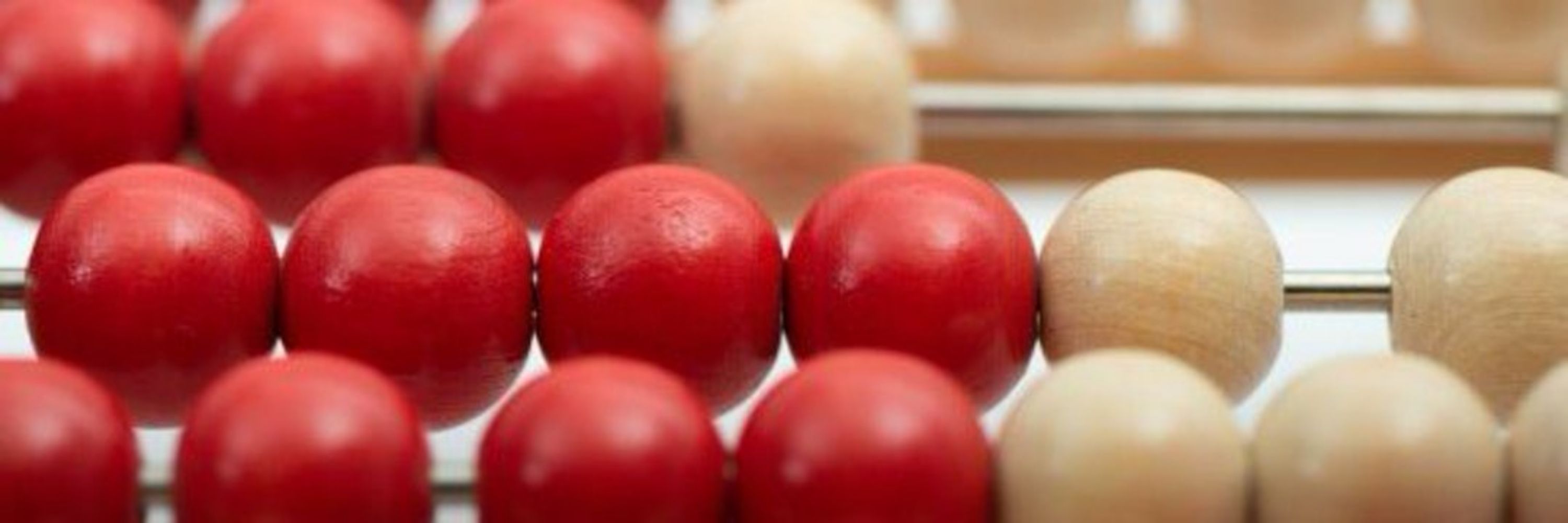
PhD Candidate in Physics @EPFL 🇨🇭
I like simulating quantum computers 💻
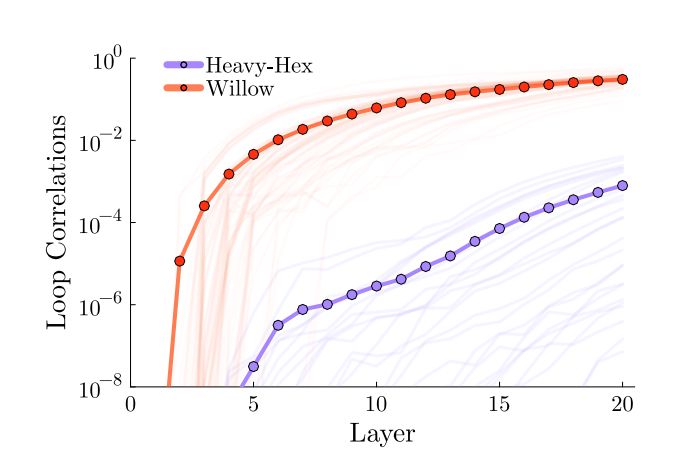
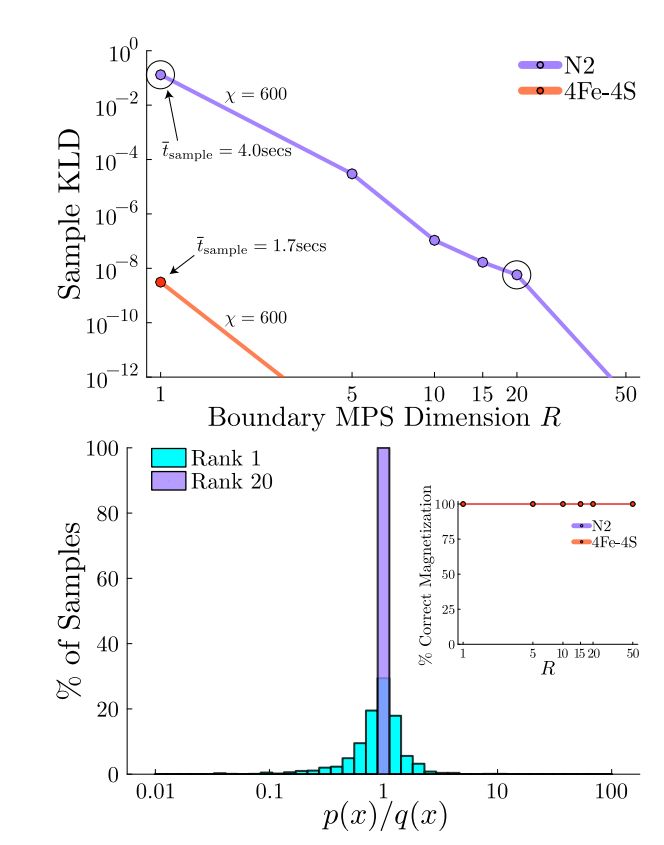
With our open-source (but not completely polished) software, you can start simulating and sampling 2D circuits today: github.com/JoeyT1994/Te...
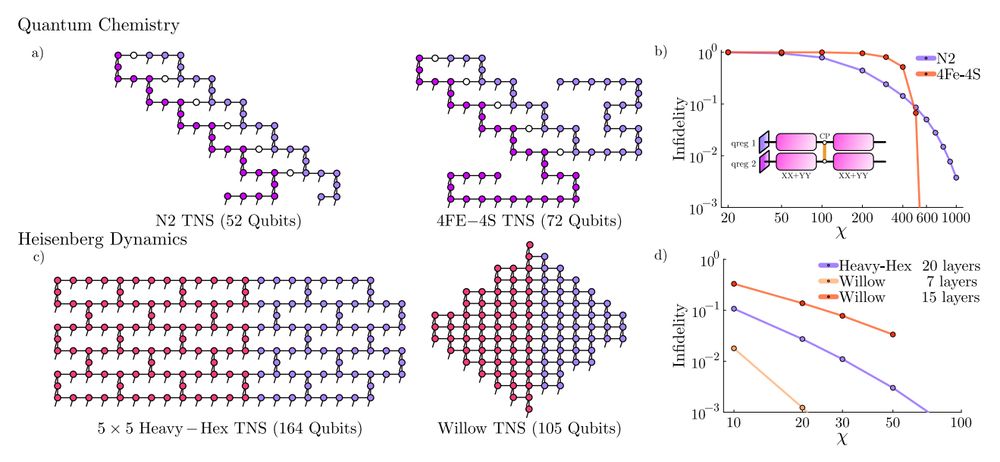
With our open-source (but not completely polished) software, you can start simulating and sampling 2D circuits today: github.com/JoeyT1994/Te...
Link: scirate.com/arxiv/2507.1...
We simulate IBM's recent quantum chemistry experiments and Williow + heavy-hex Heisenberg dynamics, and showcase modern, verifiable techniques.
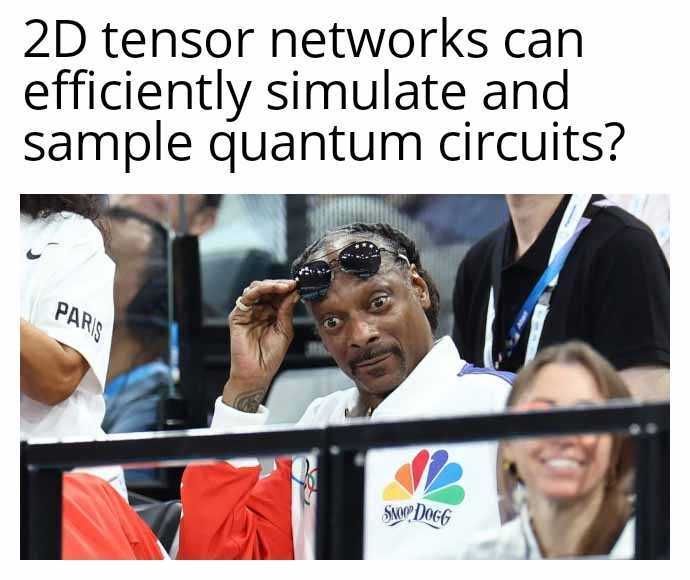
Link: scirate.com/arxiv/2507.1...
We simulate IBM's recent quantum chemistry experiments and Williow + heavy-hex Heisenberg dynamics, and showcase modern, verifiable techniques.
Classical simulation is not just here to compete with quantum devices.
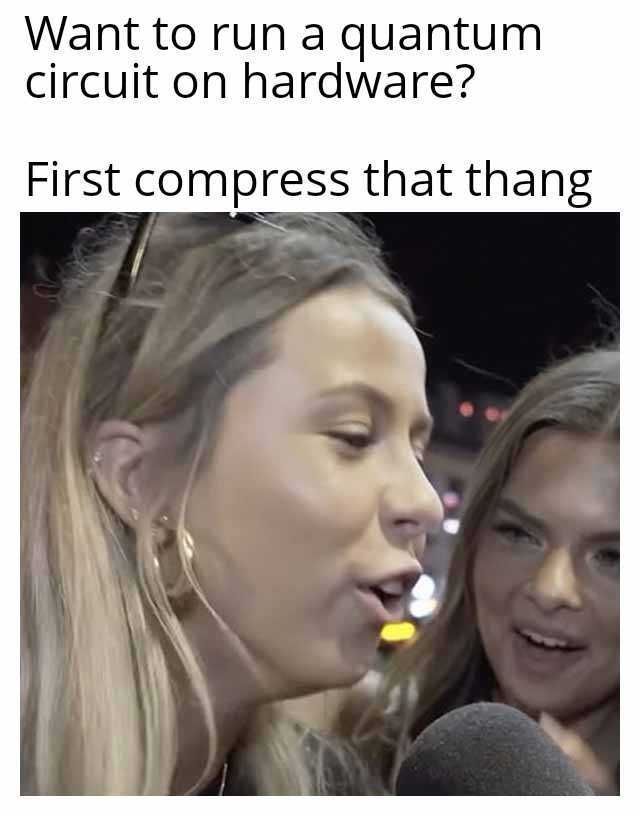
Classical simulation is not just here to compete with quantum devices.
"Circuit compression for 2D quantum dynamics"
Using Pauli propagation, we (Matteo) were able to compress Trotter circuits for systems up to 30x30 with depth reductions of x2 to x13.
Link: arxiv.org/abs/2507.01883

"Circuit compression for 2D quantum dynamics"
Using Pauli propagation, we (Matteo) were able to compress Trotter circuits for systems up to 30x30 with depth reductions of x2 to x13.
Link: arxiv.org/abs/2507.01883
Thanks to my amazing group and co-authors Tyson Jones, Yanting Teng (@yteng.bsky.social), Armando Angrisani (@aangrisani.bsky.social), and Zoë Holmes (@qzoeholmes.bsky.social)!
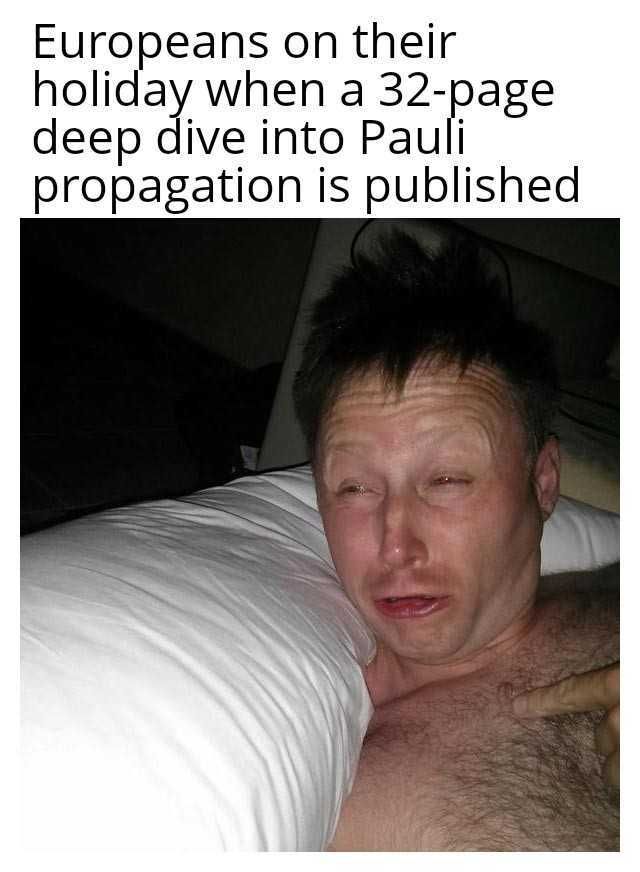
Thanks to my amazing group and co-authors Tyson Jones, Yanting Teng (@yteng.bsky.social), Armando Angrisani (@aangrisani.bsky.social), and Zoë Holmes (@qzoeholmes.bsky.social)!
I love improving classical algorithms for simulating quantum computations, and I truly believe performant classical methods are good for everyone.
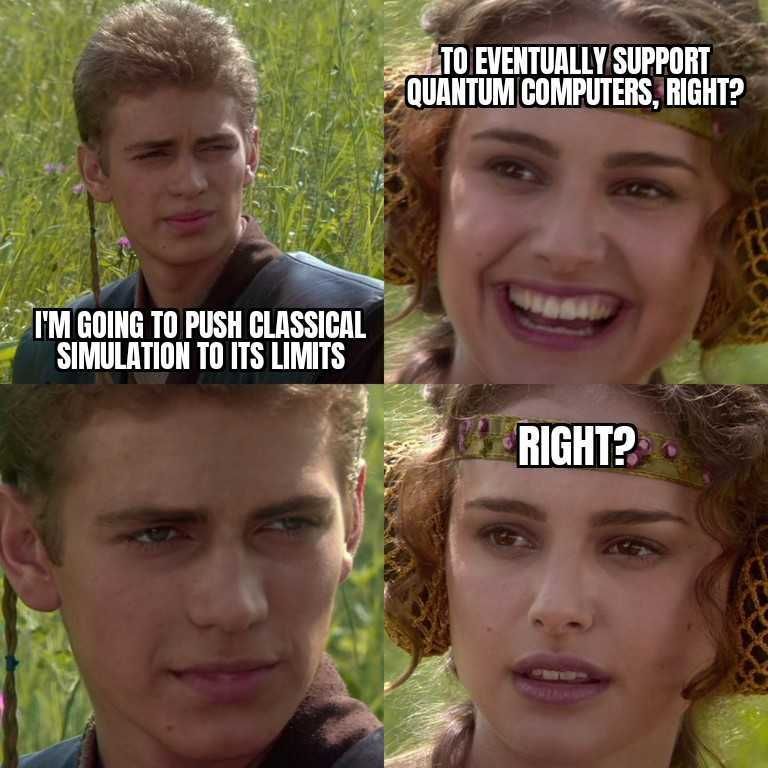
I love improving classical algorithms for simulating quantum computations, and I truly believe performant classical methods are good for everyone.
From the general framework description, over theoretical guarantees, to the nitty-gritty implementation details that you are happy to not have to deal with.
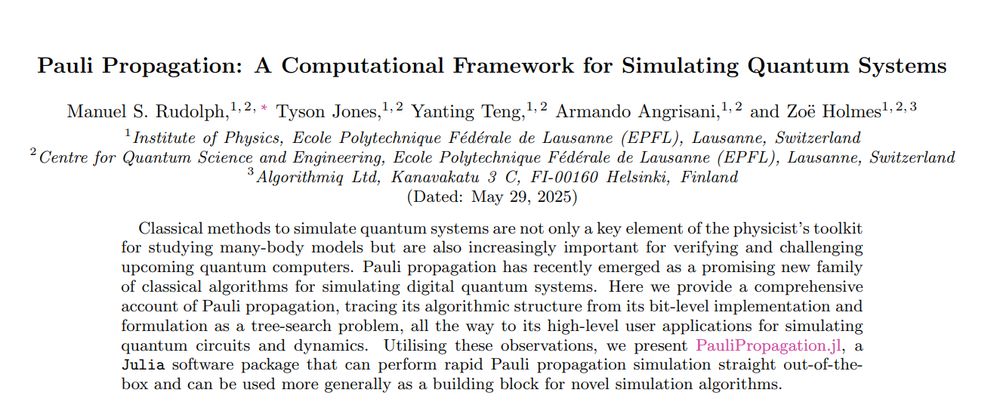
From the general framework description, over theoretical guarantees, to the nitty-gritty implementation details that you are happy to not have to deal with.
PauliPropagation.jl is your go-to library for simulating quantum circuits via Pauli propagation. Our paper provides a thorough overview of this new classical simulation method.
Paper: scirate.com/arxiv/2505.21606
Library: github.com/MSRudolph/PauliPropagation.jl
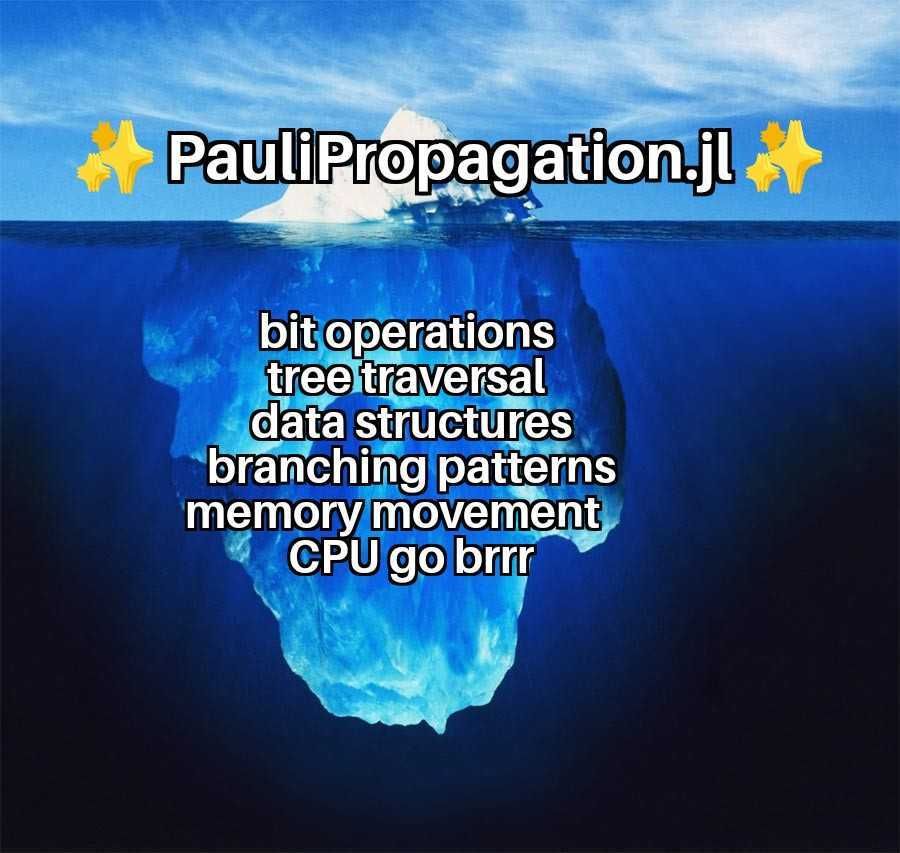
PauliPropagation.jl is your go-to library for simulating quantum circuits via Pauli propagation. Our paper provides a thorough overview of this new classical simulation method.
Paper: scirate.com/arxiv/2505.21606
Library: github.com/MSRudolph/PauliPropagation.jl
If you are registered, earn real money by closing GitHub issues in our new library PauliPropagation.jl (github.com/MSRudolph/PauliPropagation.jl).
We were supposed to have a nice and "compact" paper out today, but the arXiv gods were not with us.
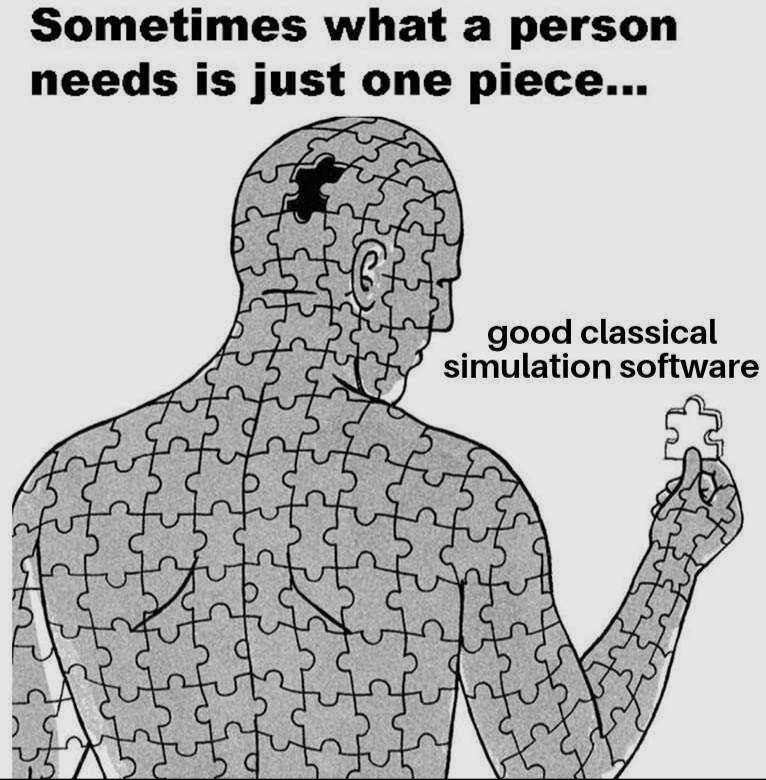
If you are registered, earn real money by closing GitHub issues in our new library PauliPropagation.jl (github.com/MSRudolph/PauliPropagation.jl).
We were supposed to have a nice and "compact" paper out today, but the arXiv gods were not with us.
Even on its own, our classical algorithm can accurately simulate 127-qubit problems in seconds, outperforming most modern quantum hardware.

Even on its own, our classical algorithm can accurately simulate 127-qubit problems in seconds, outperforming most modern quantum hardware.
We give average-case and worst-case guarantees for both the classical and quantum side.
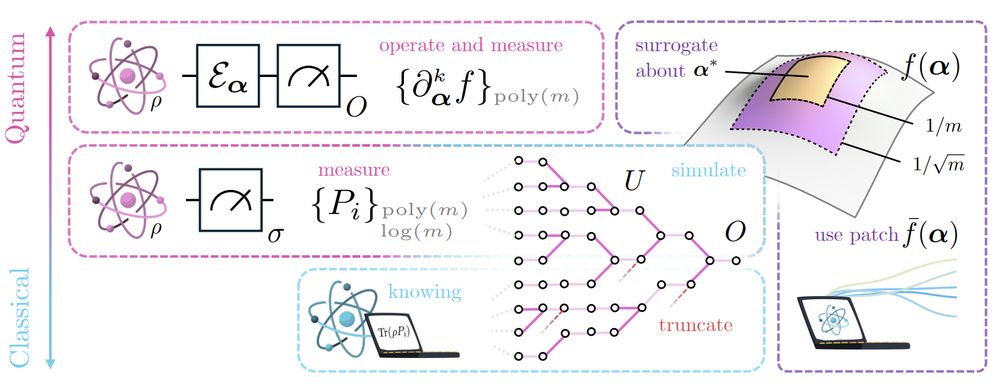
We give average-case and worst-case guarantees for both the classical and quantum side.
We propose a framework for the quantum-enhanced classical simulation of small expectation landscape "patches".
In short: You can do more classically than you might have thought.
scirate.com/arxiv/2411.1...
#quantum

We propose a framework for the quantum-enhanced classical simulation of small expectation landscape "patches".
In short: You can do more classically than you might have thought.
scirate.com/arxiv/2411.1...
#quantum

